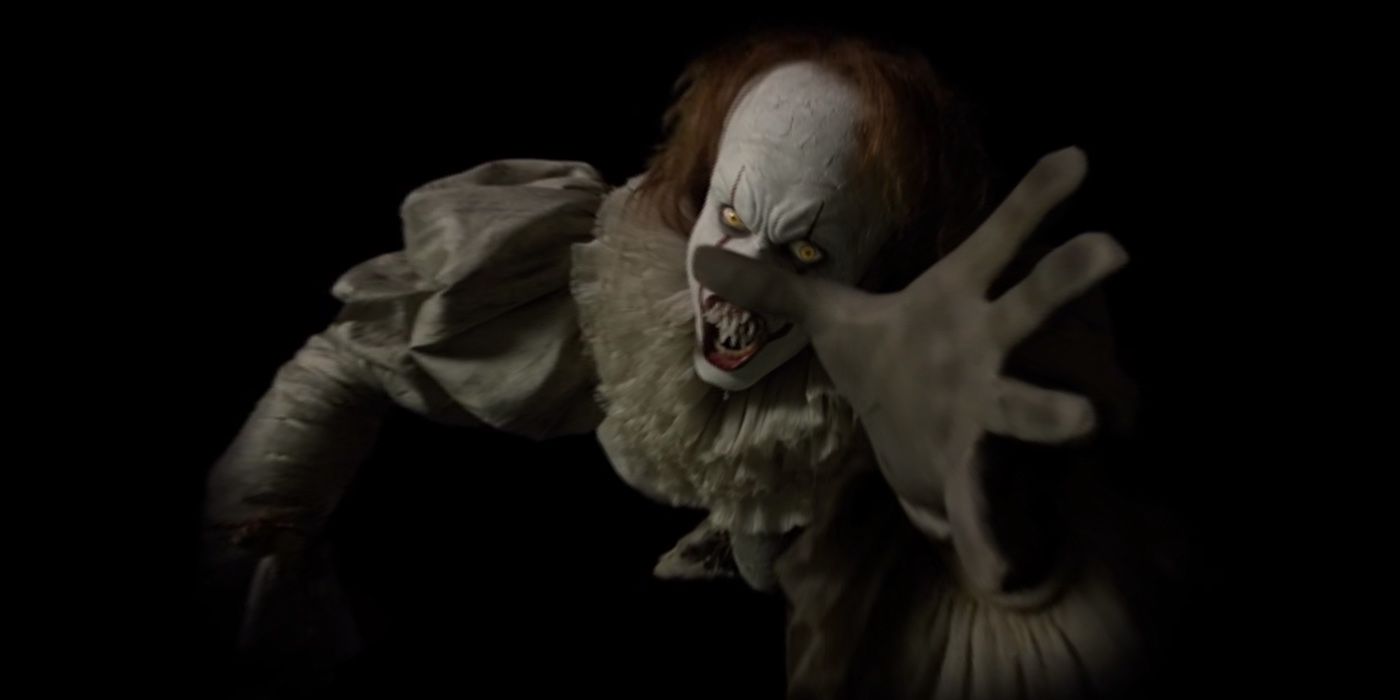It
The ending of theITmovie is n’t shuddery . But rather than undo a jolly great horror cinema , an unexpected tonal yaw at the end of Andy Muschietti ’s adjustment of Stephen King ’s seminal novel secures its greatness . Make no error , ITis a scary flick - and a various one at that . Straight up , Bill SkarsgÃ¥rd is completely lost within Pennywise , and the other human body of IT - representations of childhood care bring toMama - esque life - unnerve in adequate measure . It ’s more than just well - executed sequences building tojump scare joltsor greatly allay false - outs , though . Derry is a nightmare town , the dark version of the imaginary imaginings of your own childhood home where the result to every unsettling head is the worst imaginable alternative . Kids disappear , adult do nothing but perv over pre - teenager , bullies ' choice weapons are switchblades and even when the spider in the drains is take a nap happen you feel unsafe . But there ’s one area where that is n’t the case : the conclusion . In the movie ’s final act , Beverly , the female member of the Losers and love stake to both Bill and Ben , is kidnapped by Pennywise and pick out into his sewerage den . The six reunite to keep her and , after a deadly encounter with local sociopath Henry Bowers , follow face to boldness with the object of their torment . First Bill must overcome the one - arm embodiment of the missing ( but never presumed dead ) Georgie . Then , after captive bolting his brother mighty between the eyes , the buffoon appear . And … he ’s just there . Pennywise arcs up and despite seeing him in full form in his hideaway the apprehensiveness does n’t ramp with him . If anything , he ’s less shivery , and as IT take on those other form there ’s no real creepiness to any of them anymore . As the gang wail on the clown , things take an almost activity bent . Now here ’s where it get ’s interesting : this seems to be fully intentional . Pennywise is n’t scary in the coda because Pennywiseshouldn’tbe shivery in the stopping point .
Why IT’s Ending Isn’t Scary
ITis obviously a horror film . It ’s about a fanged buffoon stalking a town and feeding on its children , for Maturin ’s rice beer . However , meet of being a Stephen King adaptation , it ’s not quite that simple . It ’s a drama about egress adolescence and facing fear as much as a supernatural hair-raiser ; more so than many entry in the genre , ITinvests in its case and ensures they work apart from the horror . You could take Pennywise out of the par and still have hard electric arc as the children take on their metaphorical demon ; the literalizing just makes it more exciting .
Throughout the movie , the attack to that versatile horror we talk over reflects The Losers ' understanding of the threat . Initially , it ’s abstractionist chills . Take the Pennywise’d old woman creeping on Ben in the library , inching slowly towards him with a colossus , out of focus smile on her face each prison term we trend back to the room ; there ’s no audio jolt , no overt focussing and it ’s not referenced back to , instead remaining a shivery beat of IT testing the waters that conveys everything you call for to know about the insidiousness of Derry . The more the child then learn , the more center the creepy moments get on personal concern and clear manipulation - like the skeptic Richie being worn down in the abandoned planetary house .
All this culminates with them growing past those fears ; the septet is able to vote down Pennywise because the same old thaumaturgy no longer work on them and thus IT ’s ineffectual to feast . And the filmmaking reflects this . The terminal fit has high energy and cast Pennywise in full centering , shining Inner Light on his usually shadowy visage and putting genuine concern in those typically stale eyes . That ’s the director clearly clue the consultation into the fact something has changed : we should n’t dread the buffoon because the tiddler no longer do .
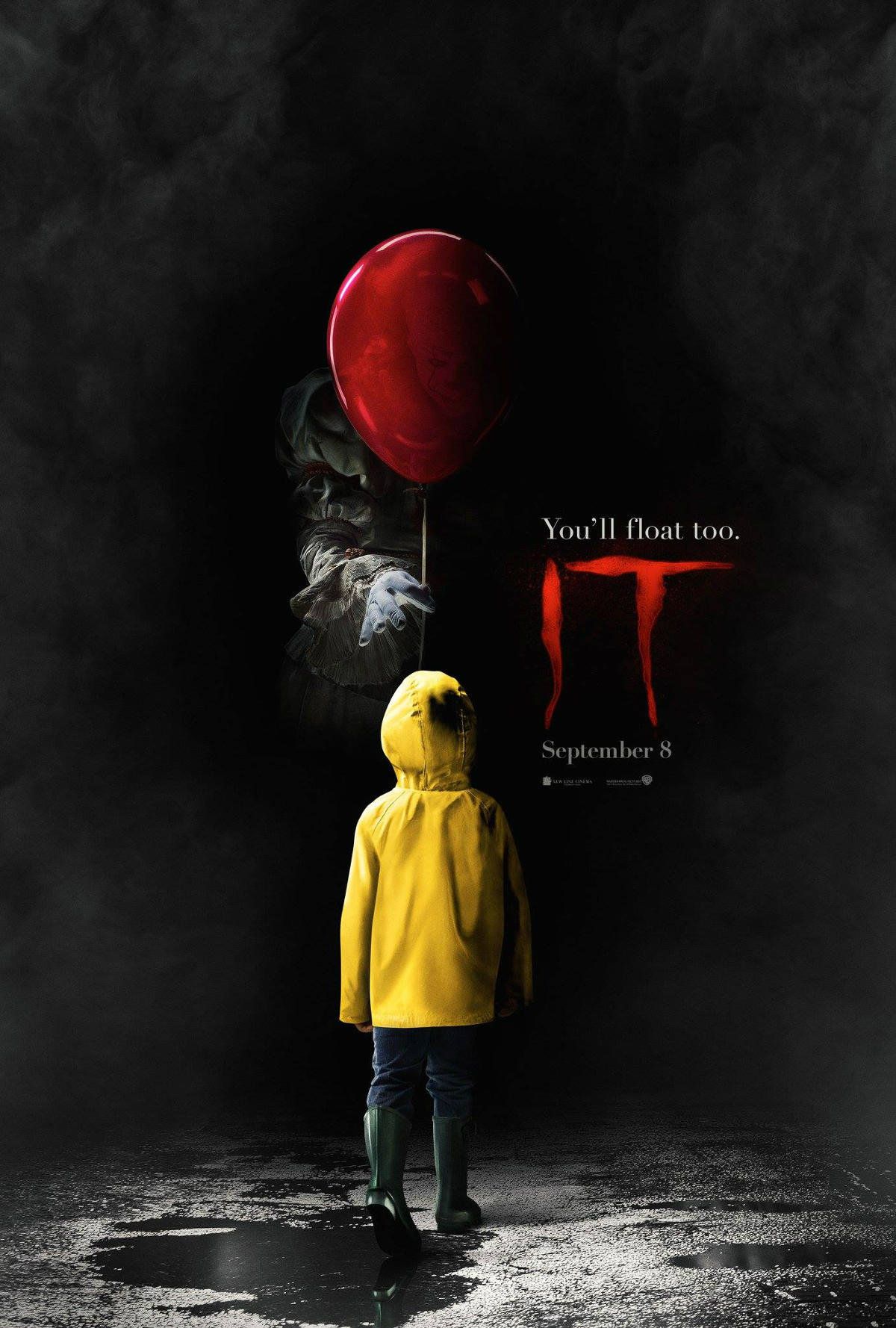
What Muschietti ’s done , then , is have a movie where the experience watching it reflects the fictitious character ’s mood . That ’s easier said than done when the emotion is one opposite to the standard viewing experience - go too far and you terminate up sucking out the amusement . wait atTrainspotting 2 : Danny Boyle attempted to fetch the tedium and cast down nostalgia of mediate age with his belated sequel , but really only deliver the goods in gain a boring and depressingly nostalgic film . Even in cases where the balance is more successful , many can feel insult : The Wolf of Wall Streetis an step up three - hour comedy about overabundance whose most common criticism is that it ’s too effete . ITavoids that by birth so much vest in the Losers that the audience ’s elation at their victory outweighs the lack of cheap flush .
The end is n’t just a fitting conclusion , however , but something that could elevate the two - part version .
This Is All Thematically Setting Up The Sequel
The potential issue with this reading , of course , is that the oddment ofITisn’t the end of the story . As the post - movie title card makes right away readable , this is justChapter Oneof a two - part adjustment ; the sequel will cull up 27 years later when IT return to Derry , followingthe middle - aged Losersreuniting in 2016 to wind up off Pennywise once and for all ( as well as possibly learning abouthis fussy - dimensional origin ) .
But , if we ’ve spent an integral movie seeing these reference learning to stand up to the clown and all he represents , becoming those adult in the process , what threat does he really place ?
Well , a lot , actually . In the book , the grown - up nonstarter forget these childhood events until the slaying protrude again . They become the adult who would n’t help them , unwittingly turn a unreasoning - optic to something unfathomable , then 27 years on have to rediscover their fear ; and , in doing so , the lurking , grumpy - generational power of IT ( both the demon and King story ) becomes plain . It ’s the flipside of the first half ’s victory - they overcame their fears as child but stifle them as adults - that pretty much justifies stay fresh the otherwise dire miniseries ' chronological Holy Order rather of the source Scripture ’s cross - cutting between prison term periods . We go from psychological torment to experiential crisis .
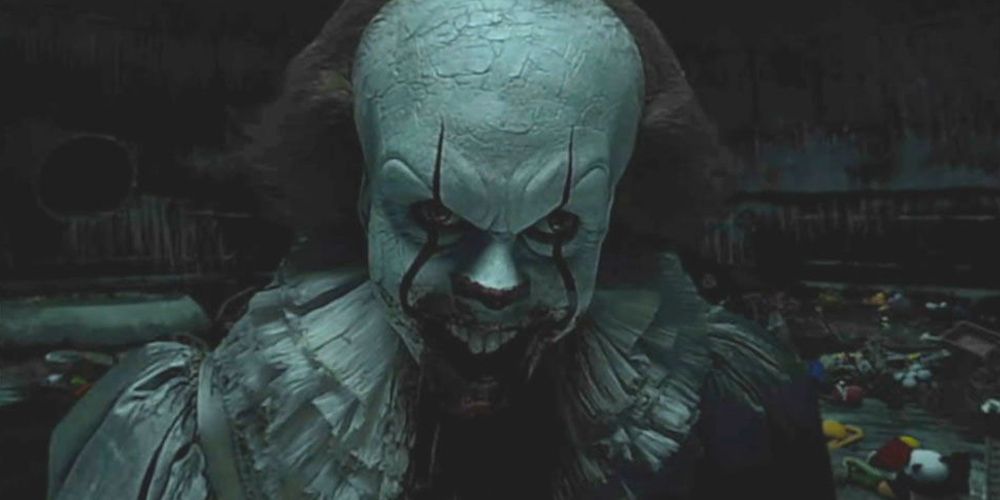
The ending ofChapter Onelays the cornerstone for this twist , thanks boundlessly to the muted - horror ending ; making the overcoming of fright so real means we can experience the emerge confidence that will let for this formative forgetting . Looking straight forward , this should make Pennywise all the shuddery when he returns ; it ’s a bit meta , but if the saltation goofball was still unbearably imposing and omnipresent to interview by the motion-picture show ’s final shot , there ’d be a contextual weight that puts us apart from the characters . Although where the take will really make out is in making the story ’s ultimate terminate all the more melancholic ( we wo n’t go into pillager , but it should be a powerful mirror ) .
Of course , this is to a degree meditation as Muschietti and screenwriter Gary Dauberman have been rather shut about their plans for the subsequence ( at the time of written material , the theatre director is yet to even sign on ) . However , there is grounds this repression of mill about evil is something they ’re really going to steer into ; the over - the - top menace of somewhat much all the adults in Part 1 establishes ignorance as an essential side outcome of IT , and more pointedlythe after - credit teasesubtly define up the Losers ' oblivion .
Yes , there ’s no right post - credits scene toIT , but there is some menacing audio cut - a chorus of fry let the cat out of the bag " Oranges and Lemons " before Pennywise laugh maniacally - the does a lot of legwork . It ’s the motion picture ’s lone clue he outlive and that the tranquil , outright happy ending the children consider is an fancy ; the moving picture is repressing its own sequel come-on .
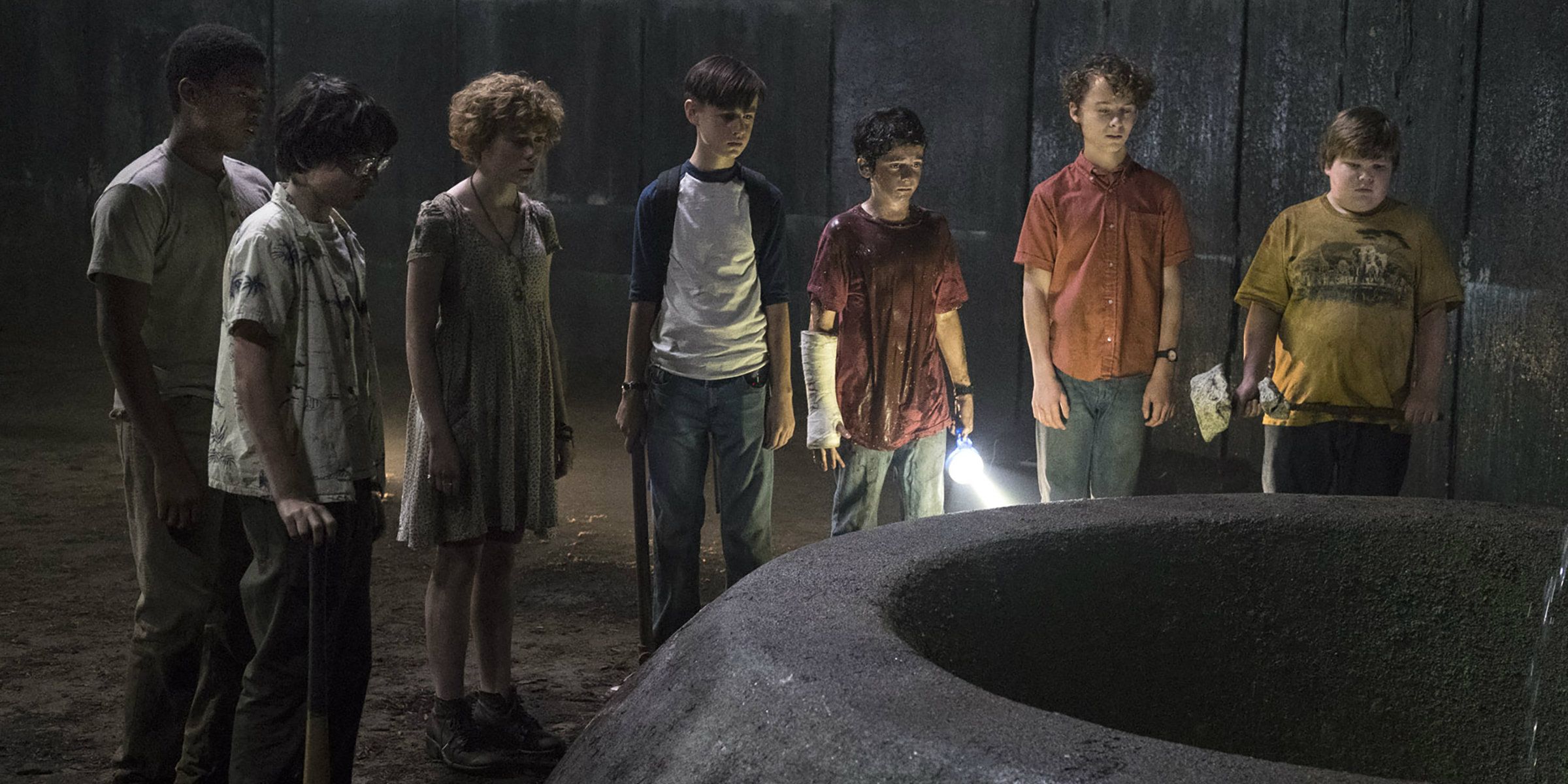
-
Now , to be fair and complete about this , there are some trip inIT.The bully subplot is rushed and far too intensify to be take badly , especially in its homicidal solving , and there ’s a repetition to the Losers ' escalated encounters with Pennywise that borders on predictable . Yet while these elements are n’t as efficient as they could have been , they ’re still intelligibly functioning as part of the evocative storytelling we ’ve been analyse .
Pennywise is n’t shuddery at the end ofIT , but Andy Muschietti has n’t nerfed the clown halfway through the storey - he ’s only allow him to become more powerful .
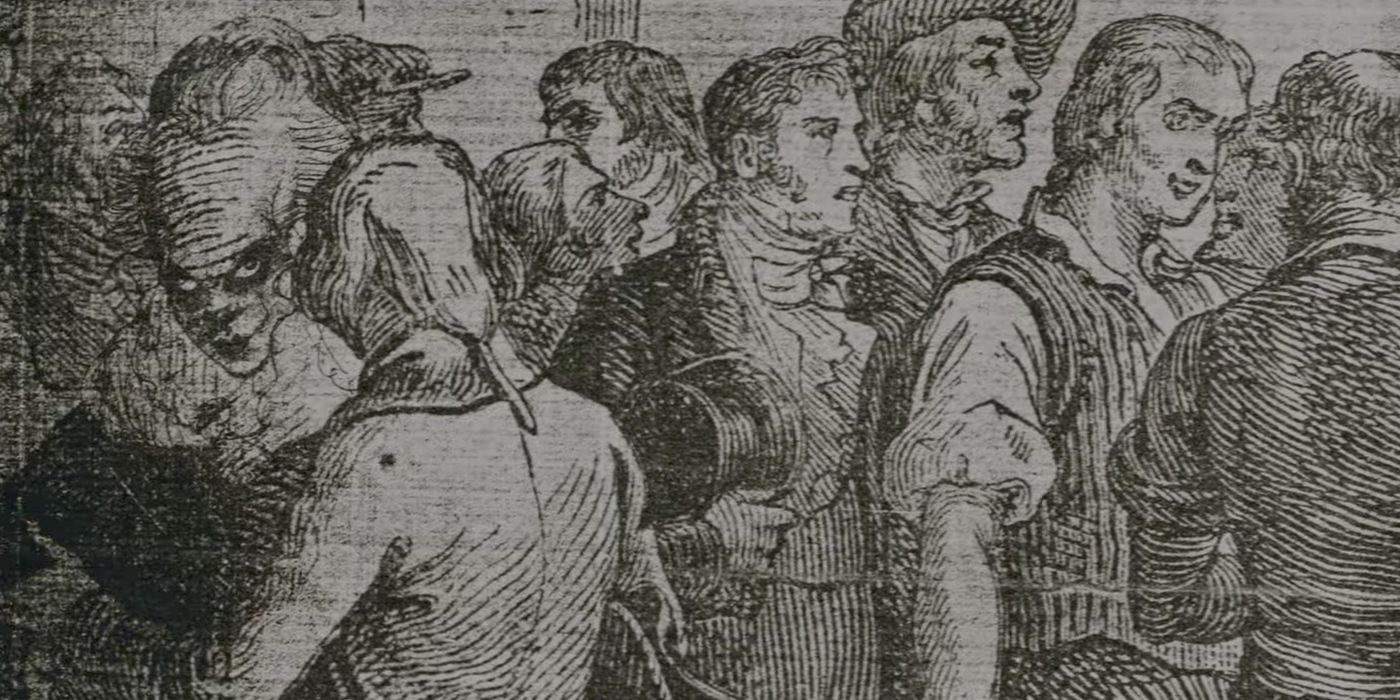
Next:The Original Script for IT Was Insane
